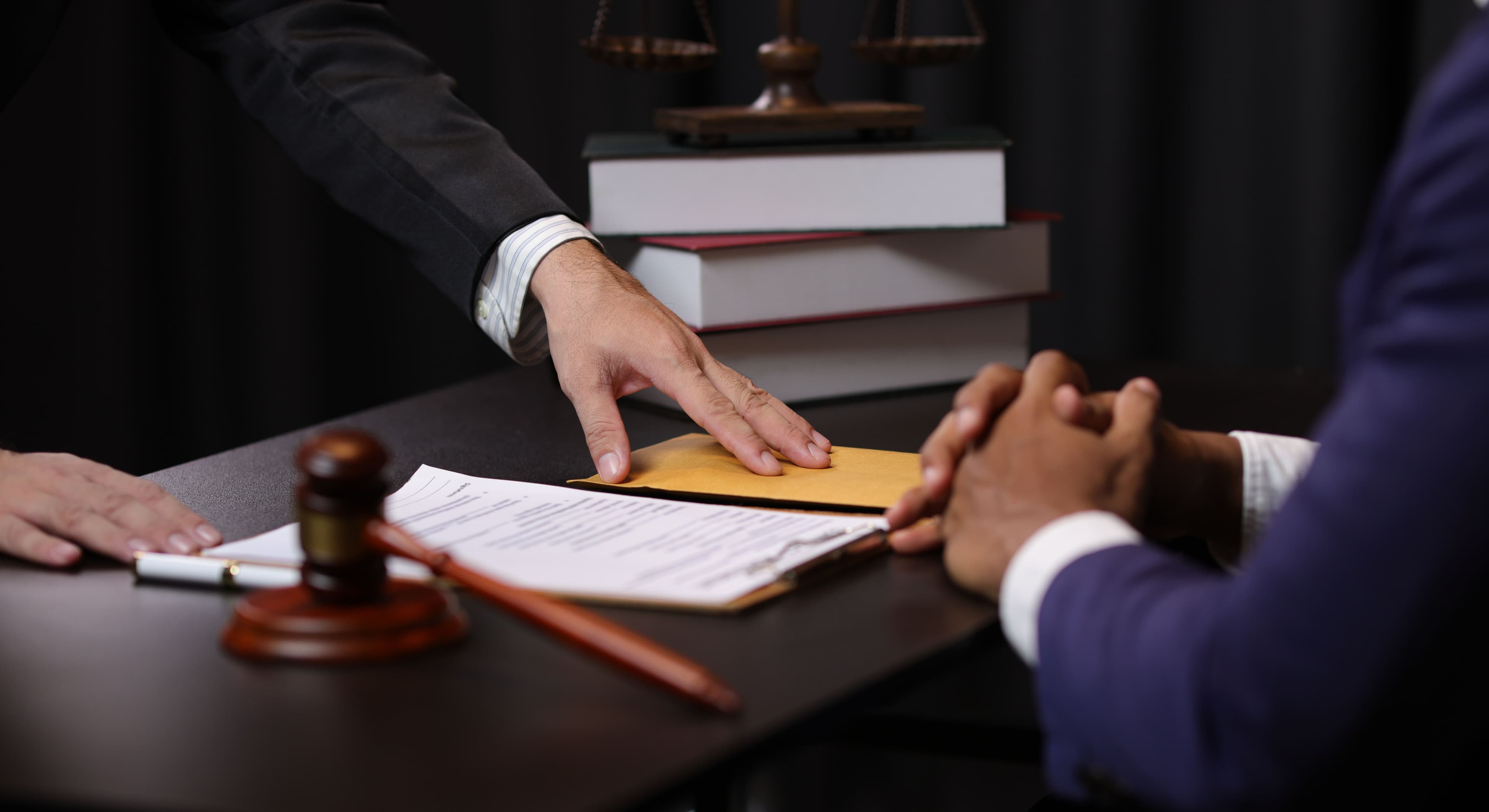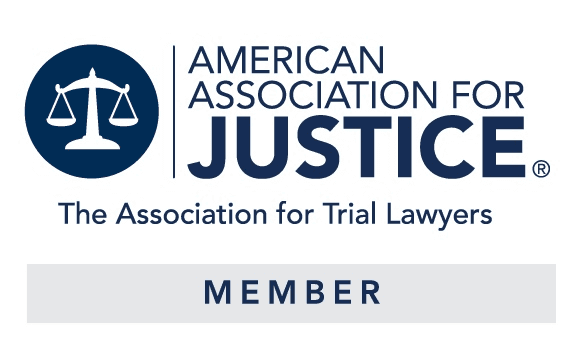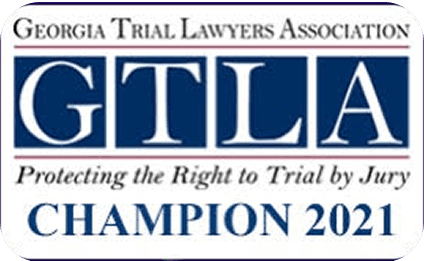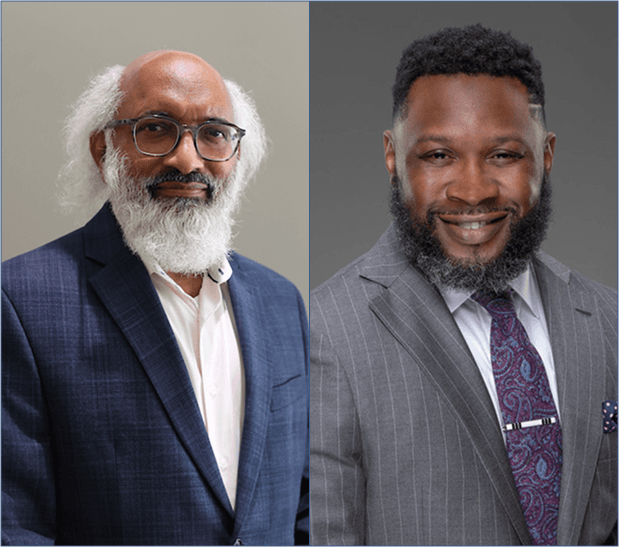
Evidence
In Georgia personal injury law, evidence means exactly what you think it does: anything used to determine whether your claims or defenses are true. But in court, the concept is governed by strict rules. You can’t simply present anything that seems persuasive—admissibility matters just as much as content.
Whether you're pursuing a car accident claim, slip and fall case, or a more complex litigation matter, understanding how evidence works under Georgia law is key to winning your case.
The Evidence Code(s)
Even if you have strong evidence, that doesn’t mean it’s admissible in court.
- Federal Rules of Evidence apply in federal cases.
- Georgia Evidence Code governs evidence in most personal injury cases filed in state court.
These rules determine whether and how specific items of evidence can be introduced at trial.
Example: The "Subsequent Remedial Measures" Rule
A commonly misunderstood rule involves subsequent remedial measures. Imagine you slipped and fell on a broken walkway. If the property owner repaired the walkway afterward, you generally cannot introduce that fact to prove negligence.
Why? Courts don’t want to discourage property owners from fixing dangerous conditions—so this rule prevents plaintiffs from using those good-faith actions against them.
Key Principles of Evidence in Georgia
Here are some core principles that apply to all evidence in Georgia personal injury trials:
- Relevance: Irrelevant evidence is never admissible.
- Hearsay: Out-of-court statements (including police reports) are usually inadmissible unless an exception applies.
- Authentication: You must prove that a document or item is genuine (e.g., via witness testimony).
- Best Evidence Rule: You should use original documents, not summaries or descriptions.
- Privileges: Certain communications, such as attorney-client or doctor-patient, are protected.
- Probative vs. Prejudicial Value: Courts weigh the usefulness of evidence against the potential to unfairly sway the jury.
- Chain of Custody: Physical evidence must be tracked from collection to court to avoid allegations of tampering.
- Witness Competency: Witnesses must be qualified and mentally capable of offering relevant information.
- Judicial Notice: Courts may accept commonly known facts (e.g., Atlanta is Georgia’s capital) without formal proof.
Common Types of Evidence in Personal Injury Cases
Depending on the case, the following types of evidence may be crucial:
- Eyewitness testimony
- Expert witness opinions (e.g., accident reconstruction, medical experts)
- Police or accident reports
- Photographs and videos from the scene
- Surveillance footage
- Damaged property or vehicles
- Pay stubs or tax returns for lost wages
- Medical records and billing statements
- Repair logs or maintenance history
- Text messages, emails, or social media posts
- Insurance policies and claim documentation
- Demonstrative exhibits (e.g., charts or models of the accident)
⚠️ Note: Some items, like police reports, may be inadmissible in court but still highly useful during negotiations or pretrial mediation.
Burden of Proof: How Much Evidence Is Enough?
In most Georgia personal injury cases, plaintiffs must prove their claims by a preponderance of the evidence. This means it’s more likely than not that their version of events is true.
Certain types of damages, like punitive damages, require a higher standard—clear and convincing evidence. This means showing that the defendant’s actions were malicious, willful, or extremely reckless.
Pretrial Discovery: How Evidence Is Collected
Once a lawsuit is filed, both sides enter discovery, where evidence is exchanged under oath. Common discovery tools include:
- Depositions: Sworn out-of-court oral testimony
- Interrogatories: Written questions that must be answered truthfully
- Document requests: Demands for records, photos, or physical evidence
- Requests for admission: Statements the other party must admit or deny
- Subpoenas: Court orders to produce evidence or testimony
If the other side withholds evidence, your lawyer can ask the court to intervene through motions to compel or sanctions.
Work With a Lawrenceville Personal Injury Lawyer to Build Strong Evidence
Evidence is the lifeblood of your personal injury case. You may know the truth—but unless you can prove it in court, you won’t win. That’s why working with a skilled trial attorney is so important.
At Kunnatha Lawson LLC, our Lawrenceville personal injury team knows how to gather, preserve, and present compelling evidence. We work on a contingency fee basis, meaning you pay nothing unless we recover compensation for you.
Call (678) 446-3655 today or contact us online to schedule your free consultation.
Georgia Personal Injury Lawyers
We focus exclusively on serious personal injury cases, including:
Assault Injuries
Bad Faith Insurance
Bicycle Accident
Brain Injury
Bus Accidents
Car Accidents
Catastrophic Injuries
Child Injuries
Construction Accidents
Dog Bites
If your life was disrupted by someone else's negligence, we're here to restore your power through the law.











